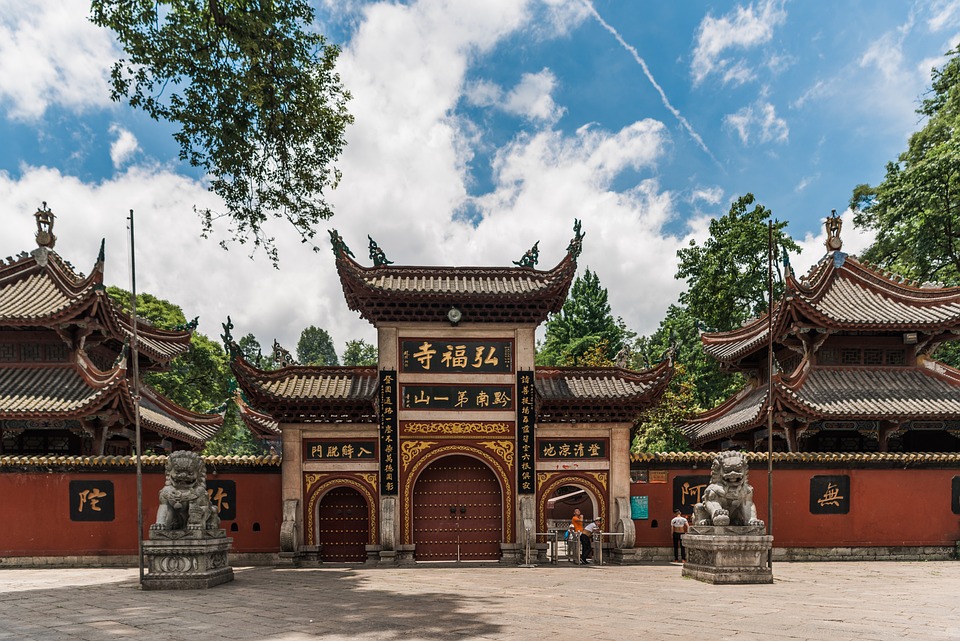Tourism is a powerful force that can have a significant impact on economies around the world. From job creation to infrastructure development, the tourism industry has the potential to bring about positive change and growth in both developed and developing countries.
One of the key ways in which tourism impacts economies is through the creation of jobs. The travel industry is highly labor-intensive, providing employment opportunities for a wide range of people, from hotel staff and tour guides to restaurant workers and taxi drivers. In fact, according to the World Travel & Tourism Council, the tourism industry supported 319 million jobs worldwide in 2018, accounting for 10.4% of global employment.
In addition to job creation, tourism also stimulates economic growth through the generation of revenue. Tourists spend money on a variety of goods and services, including accommodation, food, transportation, and souvenirs, thereby contributing to local businesses and the overall economy. In many countries, tourism is a major source of foreign exchange earnings, helping to boost GDP and decrease reliance on other industries.
Moreover, the development of tourism infrastructure can have long-lasting benefits for local economies. As destinations invest in transportation networks, hotels, restaurants, and attractions to cater to visitors, they also enhance the quality of life for residents and create opportunities for entrepreneurs to start new businesses. Infrastructure improvements often have a multiplier effect, attracting more tourists and encouraging further investment in a virtuous cycle of growth.
However, tourism also has its downsides, particularly in terms of sustainability and social impact. Overtourism, where destinations become overwhelmed by an influx of visitors, can lead to environmental degradation, strain on resources, and conflicts with local communities. As such, it is important for destinations to manage tourism responsibly, taking into account the needs of both visitors and residents, and striving for a balance that ensures long-term economic, social, and environmental sustainability.
In conclusion, the power of travel to impact economies cannot be underestimated. Tourism has the potential to create jobs, stimulate economic growth, and improve infrastructure, benefiting both local communities and national economies. By carefully managing tourism development and promoting sustainable practices, countries can harness the economic potential of travel while preserving their natural and cultural heritage for future generations.




